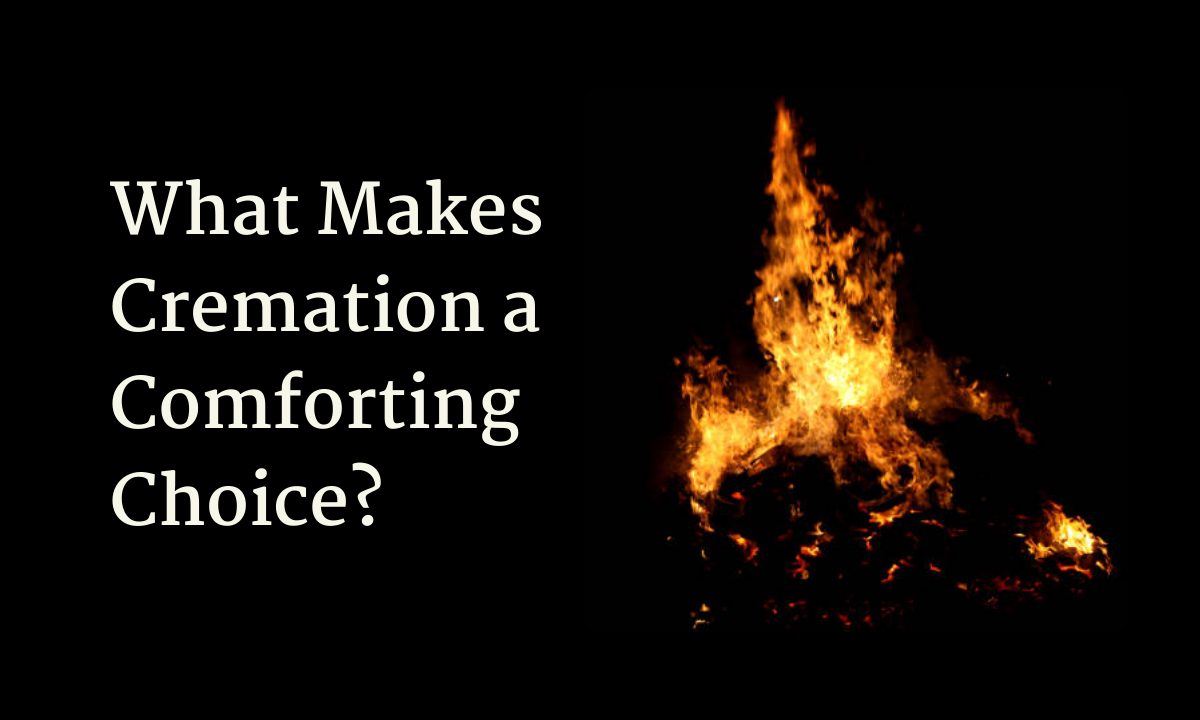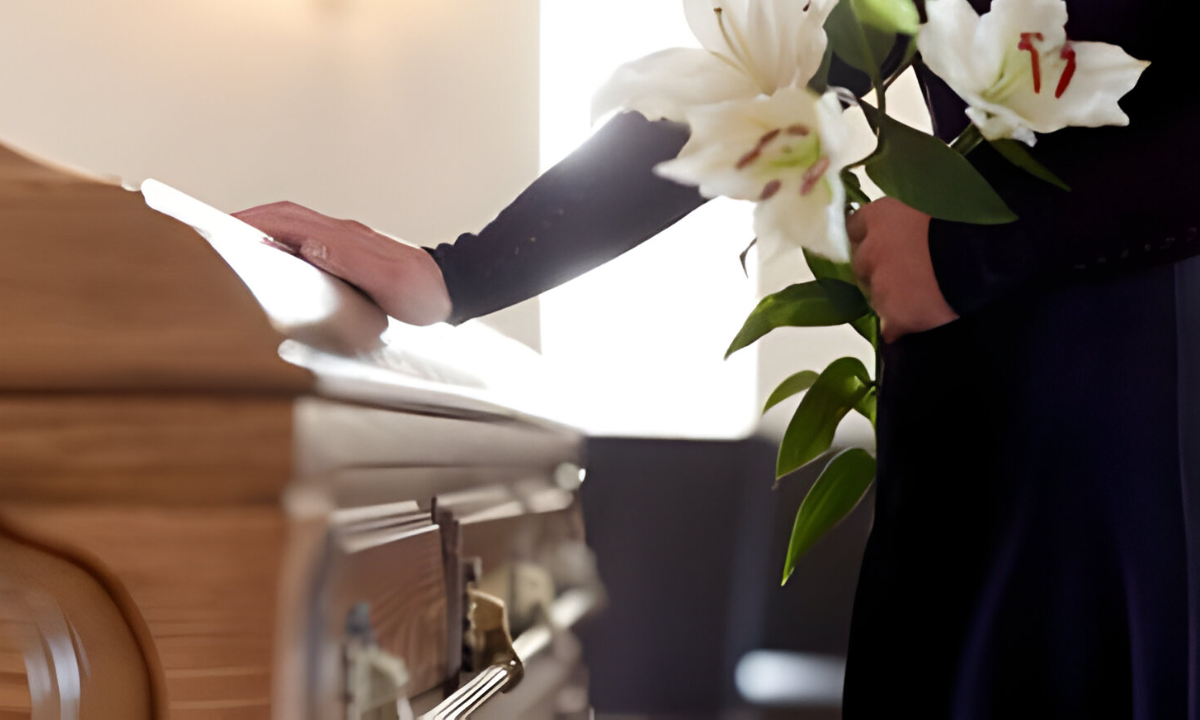Introduction
Most of the funerals we’ve been to have been the same. Here are some unique funeral rites from throughout the world.
Madagascar.
The natives of Madagascar have a well-known ceremony known as famadihana, or bone turning. They dig up the remains of their relatives and rewrap them in fresh clothes to send the deceased’s souls into the afterlife. They then dance to live music while carrying the bodies on their heads around the tomb before returning them to the family tomb. Some see it as an opportunity to speak with the departed. Others use it to memorialise those who have died.
Tibet.
Buddhists in Tibet believe in soul transmigration, which indicates that after a person dies, the body becomes an empty receptacle for them. The body is sliced into pieces and left on mountaintops so wild creatures such as vultures may consume it as a show of benevolence. The Buddhist perspective fully justifies the practice of sky burial.
Ghana.
In Ghana, a group of coffin builders has created a fascinating industry out of death. The people who live here believe that after death, life continues in another location in the same way it did before. Hence the coffins are crafted in the shape of whatever best represents the departed person’s life. It can take the form of ships, buildings, animals, automobiles, and many other things.
The Philippines.
There are several unique funeral practices in the Philippines. The Tinguian people adorn the deceased’s body in the most acceptable attire and make them sit on a chair. They also placed a lighted cigarette in the body’s mouth. On the other hand, the Benguet people blindfolded the dead victims and lay them at the house’s front door. Cebuano people dress their youngsters crimson at funerals to reduce their chances of encountering spirits. Finally, the Cavite people bury the dead in hollowed-out trees chosen by the deceased.
Indonesia.
In regions of Indonesia, the Torajans believed that death was a progressive process rather than a sudden occurrence. Their funeral ritual encompasses the entire community and might last several weeks or months. Even after what some may regard as death, the corpse remains with the family. The Torajans regard it as a disease and continue to care for the body and interact with the loved one. The body is then finally buried in a stone burial or cave, also cleansed and redressed for particular rites even after years have passed.
Conclusion
Though the rituals and practices may differ worldwide, everyone mourns the dead. Therefore, all the traditions in the world are present to help the deceased pass on, and those around them grieve and cope with the loss.





